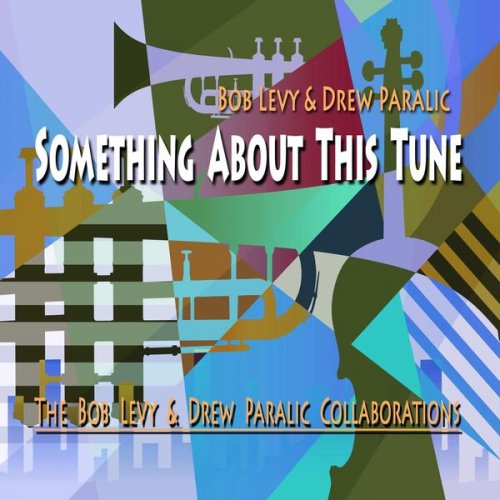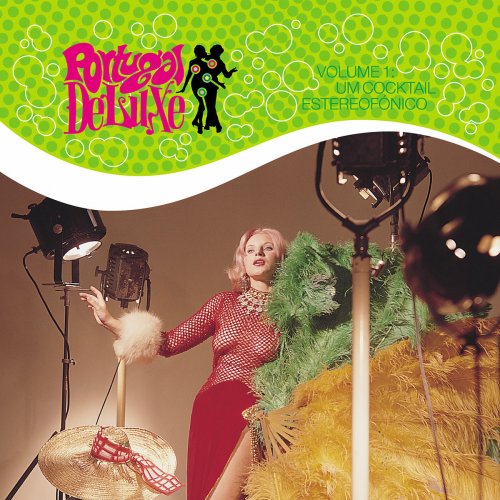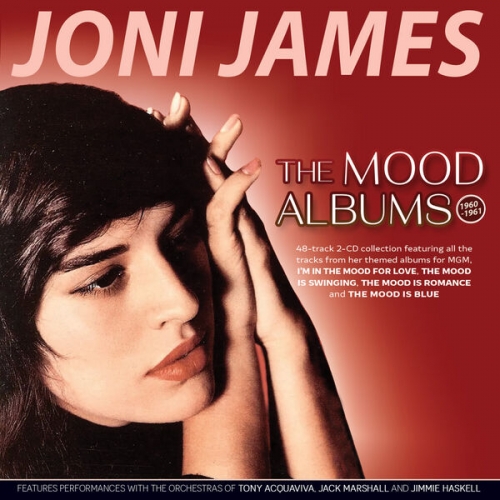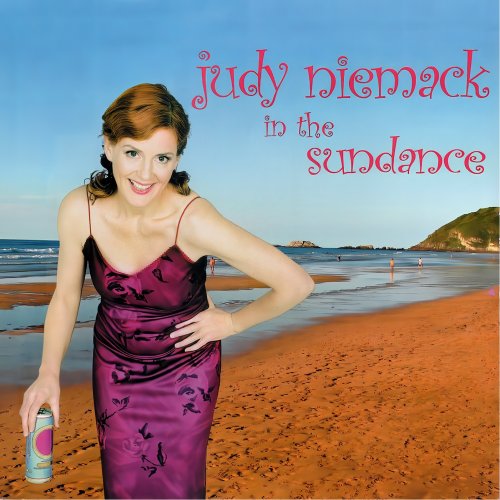Ellyn Rucker - Now (2003)
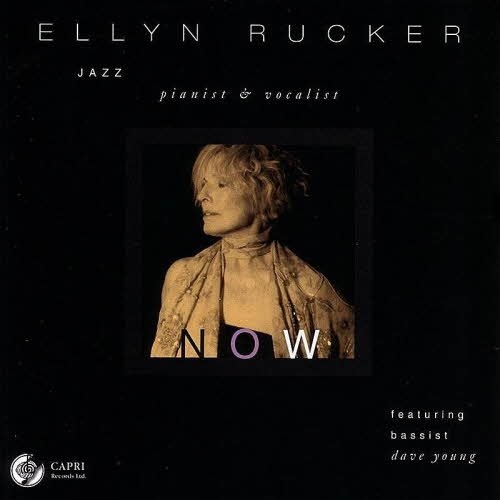
Artist: Ellyn Rucker
Title: Now
Year Of Release: 2003
Label: Capri Records
Genre: Jazz, Vocal Jazz
Quality: Mp3 320 / Flac (tracks)
Total Time: 01:06:11
Total Size: 160/385 Mb
WebSite: Album Preview
Tracklist:Title: Now
Year Of Release: 2003
Label: Capri Records
Genre: Jazz, Vocal Jazz
Quality: Mp3 320 / Flac (tracks)
Total Time: 01:06:11
Total Size: 160/385 Mb
WebSite: Album Preview
1. Can't Get Out Of This Mood
2. Now
3. Strollin'
4. With You In Mind
5. Estate (Summer Passed)
6. Stockholm Sweetnin'
7. The Heather On The Hill
8. Last Resort
9. Useless Landscape Moon And Sand
10. The Best Thing For You
11. Lucky To Be Me
12. Here
Ellyn Rucker (vocals, piano)
David Mackay (vocals)
Mark Rose (soprano & tenor saxophone)
Rich Chiaraluce (alto & tenor saxophone)
Pete Sommer (tenor saxophone)
Ron Satterfield (synthesizer)
Mitchell Long (guitar)
Dave Young (bass, percussion)
Claudio Slon, Paul Romaine (drums)
Not many people can get away with putting two 5/4 bossa novas into a single program, but pianist and singer Ellyn Rucker has always done things just a bit differently. On her fifth album as a leader she steers clear of the usual repertoire of jazz standards, instead selecting a winning program of more obscure material both new and old, though a number of the songs and tunes were written by such familiar names as Horace Silver (the vocal version of "Strollin'"), Quincy Jones ("Stockholm Sweetnin'"), Ron Carter ("Last Resort"), and Irving Berlin ("Best Thing for You"). The arrangements call for a shifting complement of sidemen; her cool and lovely rendition of "Stockholm Sweetnin'" is performed by a standard quartet that includes alto saxophonist Rich Chiaraluce, while she handles Leonard Bernstein' s "Lucky to Be Me" all alone, singing and accompanying herself on piano. Rucker is an expert and charming singer, but for some reason this album's highlights tend to come on the instrumental numbers: her duo arrangement (with the exquisitely tasteful bassist Dave Young) of Lerner & Loewe's "Heather on the Hill" is simply gorgeous, as is her simple trio take on "Last Resort." And she effectively treads the fine line between excessive rhythmic looseness and effortless swing on those two 5/4 bossas, both of which could probably have done without the additional vocal contributions of their male composer. Recommended. (Rick Anderson)

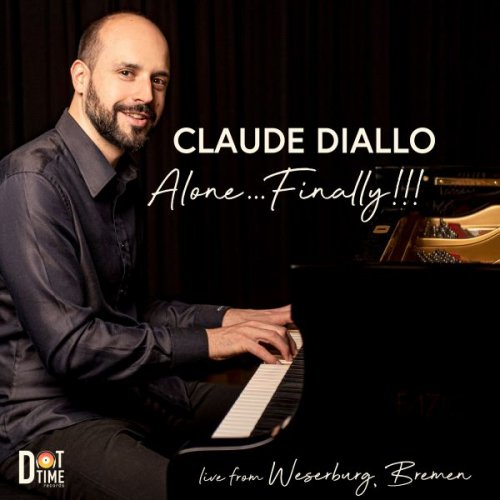
![Erika Dohi - I, Castorpollux (2021) [Hi-Res] Erika Dohi - I, Castorpollux (2021) [Hi-Res]](https://www.dibpic.com/uploads/posts/2026-01/1767510062_a3988539433_10.jpg)
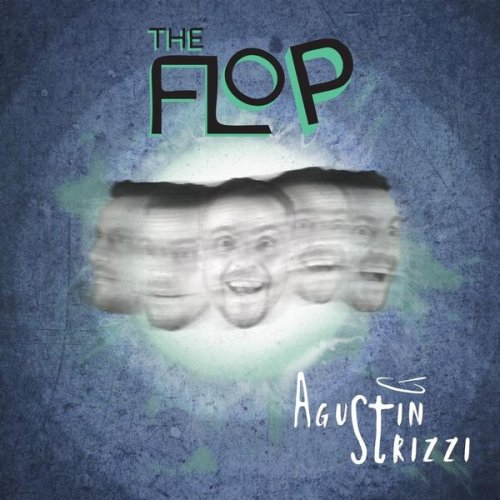
![Grund zur Annahme - Grund Zur Annahme III (2026) [Hi-Res] Grund zur Annahme - Grund Zur Annahme III (2026) [Hi-Res]](https://www.dibpic.com/uploads/posts/2026-01/1767513979_cover.jpg)
